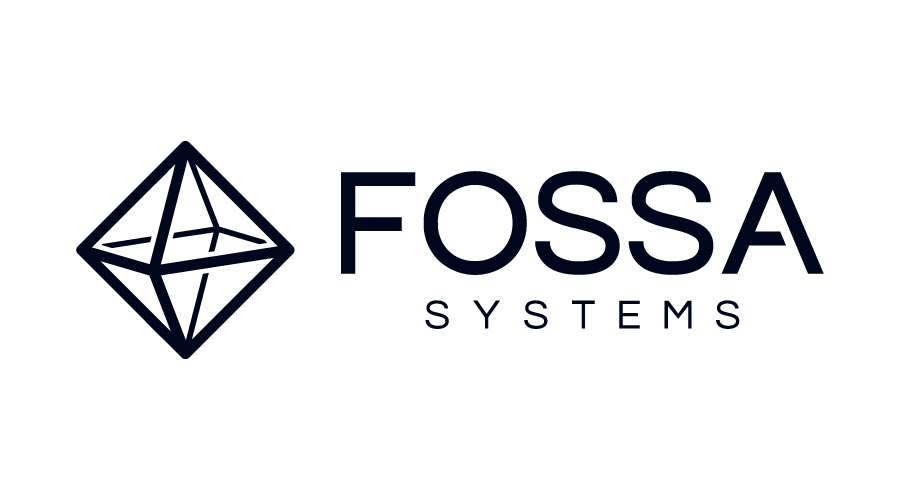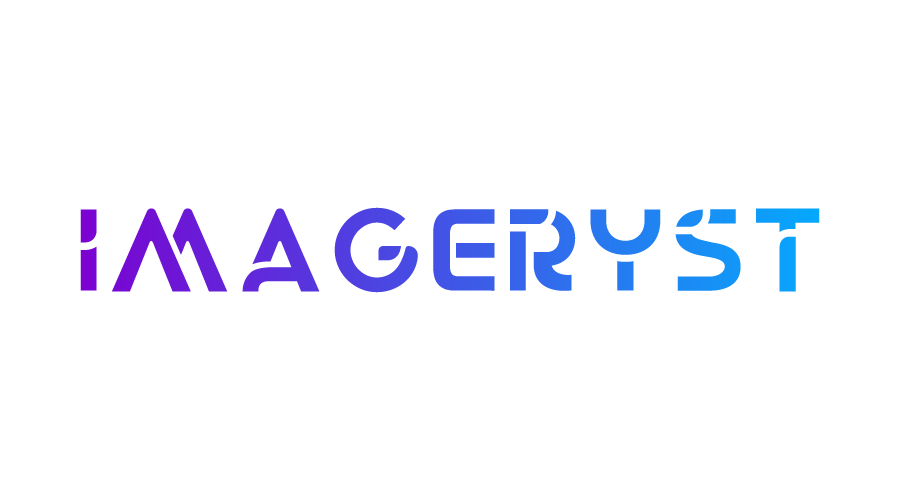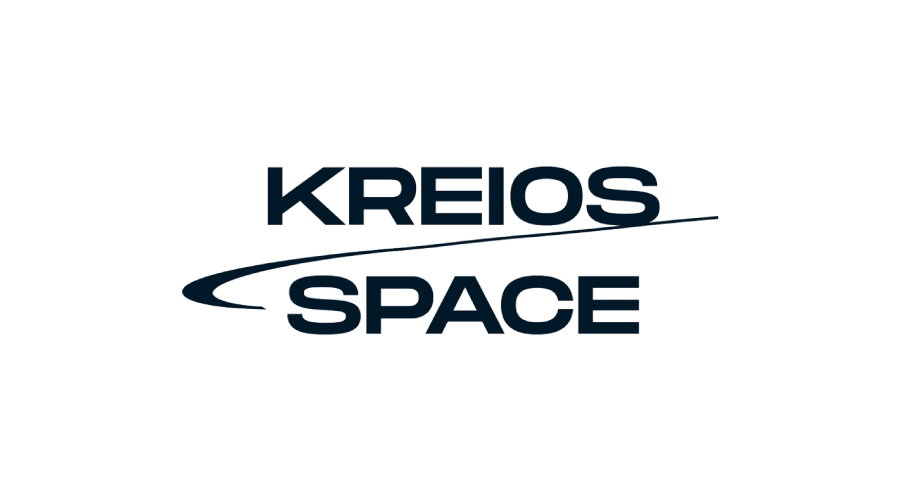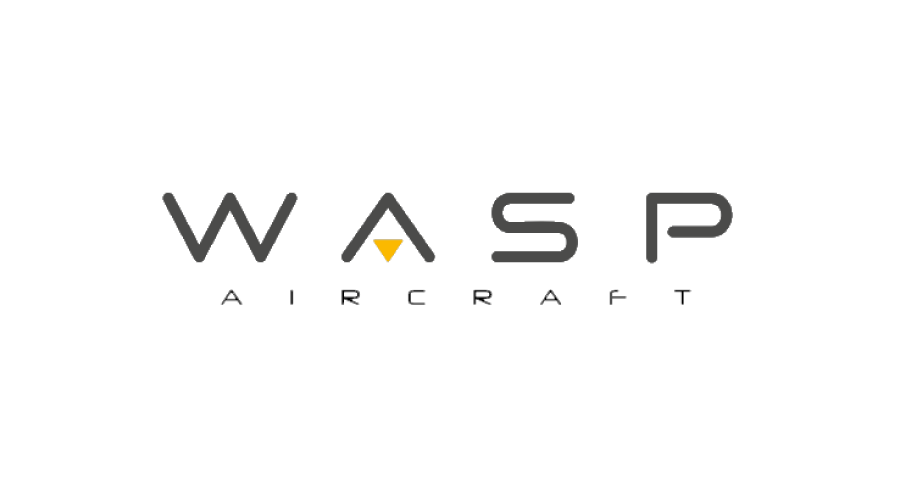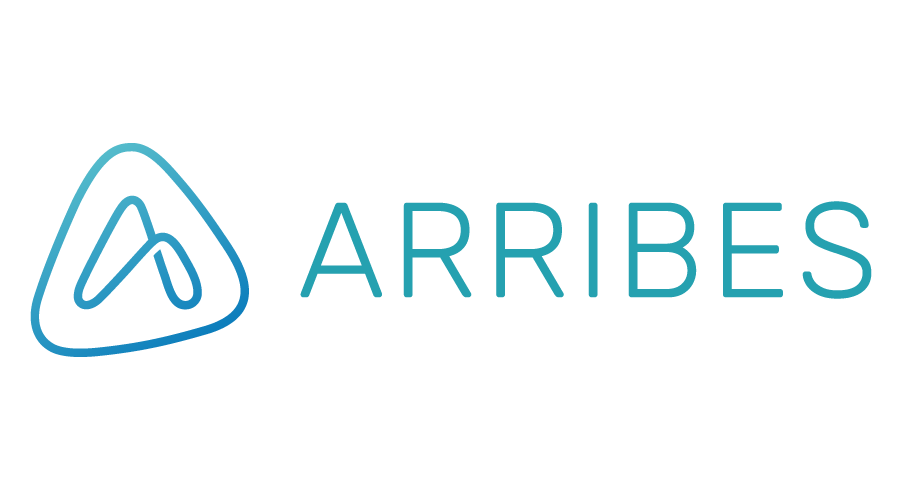우주에서의 지속 가능성
우주에서의 지속가능성은 우주 환경에 미치는 부정적인 영향을 최소화하고 우주 자원 사용에 있어 책임감 있는 행동을 장려하기 위해 우주 활동에서 환경을 고려한 관행과 기술을 사용하는 것을 말합니다.
우주에서의 주요 지속 가능성 고려 사항은 다음과 같습니다:
1. 우주 쓰레기 완화 및 정화: 우주 쓰레기의 축적은 충돌을 유발하고 활동 중인 위성과 우주선에 위협이 될 수 있기 때문에 주요 관심사입니다. 이 문제를 해결하기 위해 우주 기관과 단체는 우주 쓰레기를 제거하는 기술을 개발하고 수명이 다한 우주 자산의 폐기를 위한 모범 사례를 구현하기 위해 노력하고 있습니다.
2. 자원 활용: 우주에서의 인간 활동이 증가함에 따라 물, 에너지, 자재 등 우주 자원을 사용하는 지속 가능한 관행을 개발하는 것이 중요합니다. 예를 들어 태양광, 풍력 등 재생 가능한 에너지원을 활용하면 비재생 자원에 대한 의존도를 줄이고 낭비를 최소화할 수 있습니다.
3. 우주 탐사: 우주 탐사는 환경에 미치는 영향을 최소화하고 다른 천체의 과학적, 문화적 가치를 존중하는 지속 가능한 방식으로 이루어져야 합니다.
전반적으로 우주에서의 지속 가능성은 우주 활동의 장기적인 생존 가능성과 미래 세대를 위한 우주 환경 보존을 위해 중요한 고려 사항입니다.
스페이스 업스트림
우주 산업과 관련하여 '우주 업스트림'이라는 용어는 우주선, 위성, 발사체, 지상 지원 장비 등 우주 관련 하드웨어 및 장비의 개발과 제조를 의미합니다.
우주 업스트림 부문에는 이러한 기술의 설계, 개발 및 테스트에 관여하는 기업과 조직은 물론 이러한 기술의 제작에 필요한 원자재, 부품 및 하위 시스템을 제공하는 공급망도 포함됩니다.
우주 업스트림 활동은 우주라는 혹독한 환경에서 작동하는 데 필요한 도구와 인프라를 제공하기 때문에 우주 임무와 탐사의 성공에 매우 중요합니다. 이 분야는 혁신의 핵심 동력으로 재료 과학, 추진 시스템 및 다른 산업에 광범위하게 적용되는 기타 엔지니어링 분야의 발전을 주도합니다.
공간 다운스트림
우주 산업에서 '우주 다운스트림'이라는 용어는 지구상의 최종 사용자를 위한 제품과 서비스를 만들기 위해 우주 관련 데이터와 기술을 사용하는 것을 의미합니다.
우주 다운스트림 부문에는 인공위성과 같은 우주 기반 자산의 데이터와 기술을 활용하여 다양한 산업과 부문을 위한 애플리케이션과 서비스를 개발하는 기업과 조직이 포함됩니다. 일기 예보, 재난 관리 및 농업 모니터링을 위한 지구 관측 데이터, 운송 및 물류를 위한 위성 기반 내비게이션, 인터넷 연결 및 원격 연결을 위한 위성 기반 통신 등이 그 예입니다.
우주 다운스트림 활동은 일상 생활에 실용적으로 응용할 수 있는 제품과 서비스 개발에 중점을 두고 있습니다. 이 분야는 기술의 발전과 우주 기반 데이터의 가용성 증가에 힘입어 우주 산업에서 성장하고 있는 분야입니다. 더 많은 기업과 산업에서 효율성 향상, 비용 절감, 새로운 비즈니스 기회 창출을 위한 우주 기반 기술의 가치를 인식함에 따라 이 분야는 계속 성장할 것으로 예상됩니다.
스페이스테크 결선 진출자
